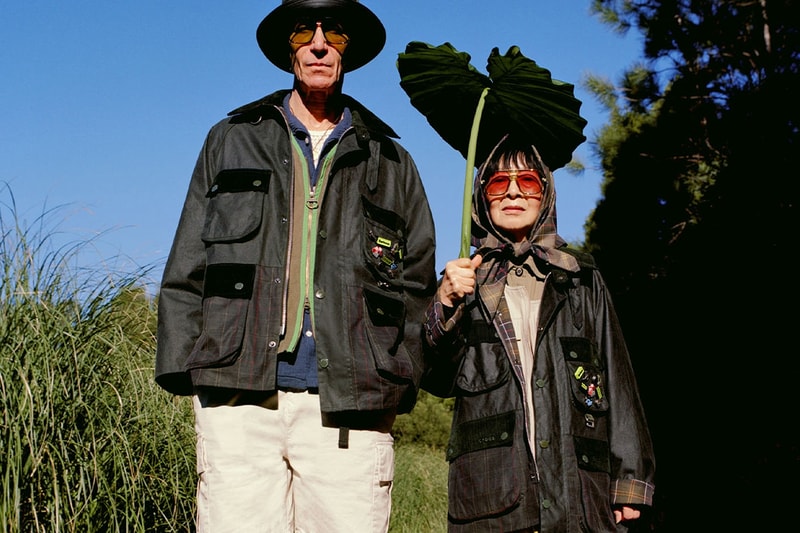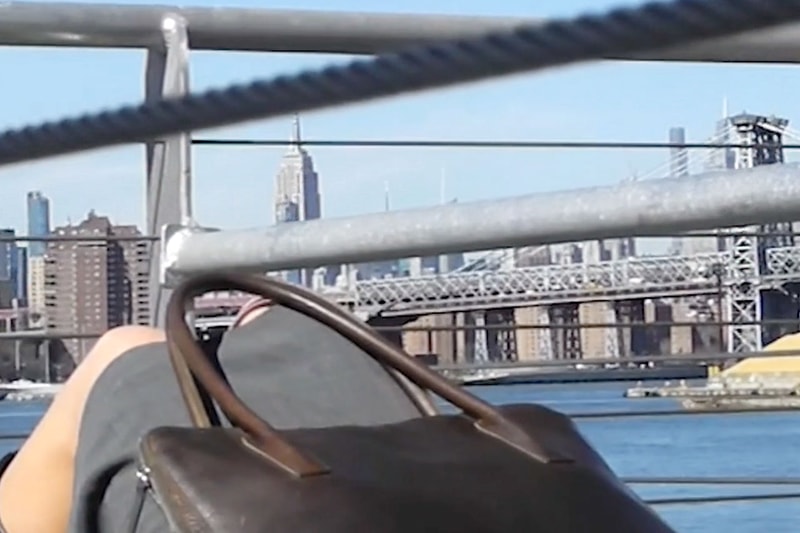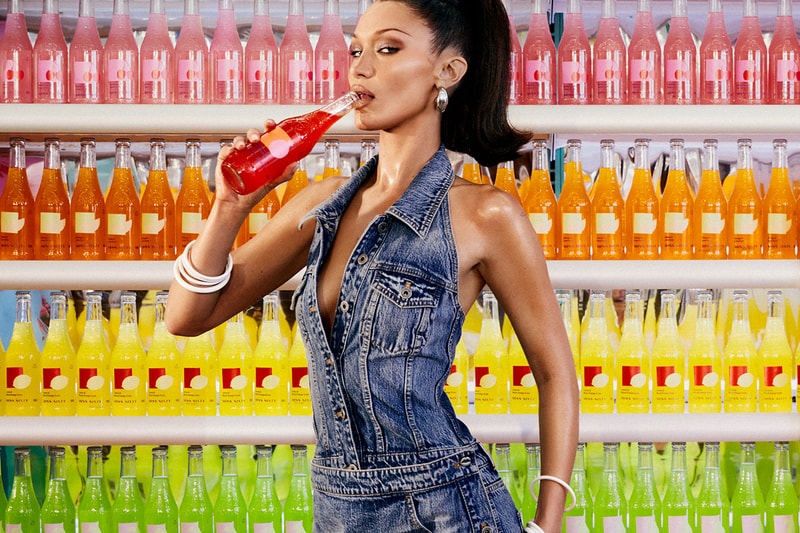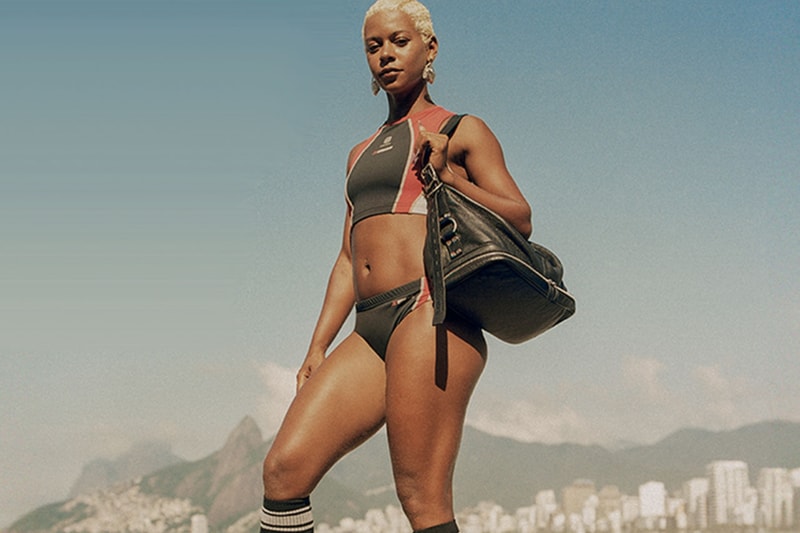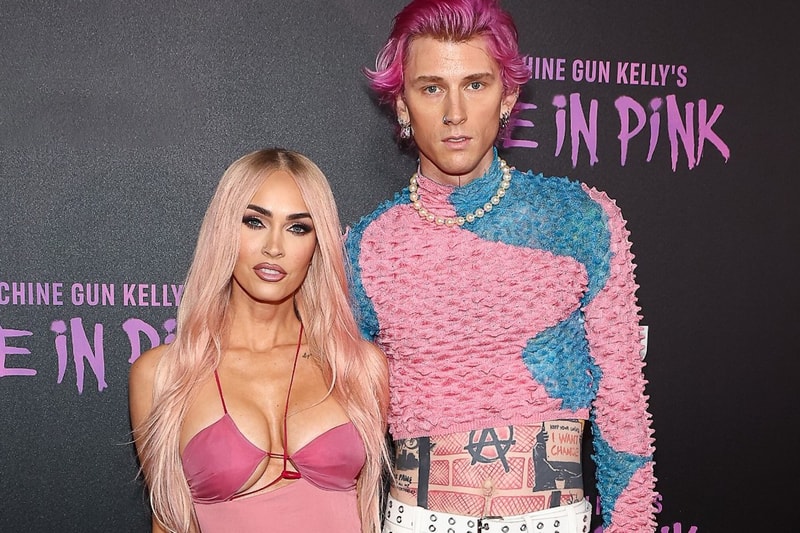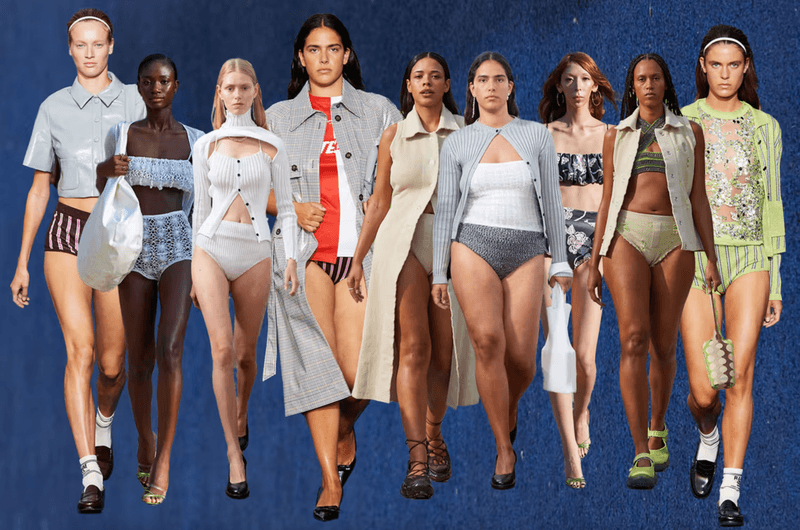Fridolina Rolfö on Why Women's Football Needs More Than Full Stadiums
info@hypebae.com (Hypebae) Fri, 28 Mar 2025 Hypebae
Women's football and women in sport overall are finally getting their flowers –– and it's about time. Leading the charge is PUMA ambassador and FC Barcelona's winger and forward Fridolina Rolfö, known for her speed and goal-scoring instinct. In 2023, she made history, netting the winner in the Champions League final in Eindhoven, sealing a 3-2 victory against her former club Wolfsburg. Fast forward to the 2024/2025 season, and she's already found the back of the net five times in Liga F, Spain's top women's league.
Rolfö's love for the sport began at just five years old, inspired by her older sister and friends. While many of her peers played alongside boys, she had the opportunity to join all-girls' teams from the start, a rare privilege at the time. However, she never saw playing professionally as a realistic goal. "I dreamed of becoming a photographer or a commentator so I could stay close to football," she explains. "It's funny now, because I didn't dream big enough. I couldn't see myself as a professional player."
View this post on Instagram
It wasn't until she was 14 or 15 that playing professionally even felt like a possibility. Even now, many female footballers juggle multiple jobs to make it work. But today, Rolfö is living the dream she once thought impossible, and she's excited that young girls now have the chance to turn football into a career. "Women's football is heading in the right direction, but there's still a long way to go," she says. "While the game has improved since the 2000s, the quality is still inconsistent. One day you're in a top-notch stadium, and the next, you're on a field barely fit to play on, worried about getting injured because the conditions are so bad," she explains.
Below, Rolfö speaks candidly about the inequalities that still plague the sport, the toughest moments in her career, and why true progress means more than just filling stadiums.

On Gender Equality in Women's Football
We're heading in the right direction, but there's still a long way to go. In most industries, you invest money first and then the results follow. But in women's football it's been the opposite. We've worked so hard to get to where we are today -- sold-out stadiums and growing recognition -- but we deserve better and want to see progress. Many of us in the game are passionate about making a change.

On Why Women's Football Deserves Its Own Spotlight
It's sad that there is this stereotype of women's football and a direct comparison that doesn't happen as much in other sports. But the women's game doesn't get the same support as the men's. It's sad that it is like that, but that's my point of view. We need better facilities, better resources and the chance to perform at our best to show what we're truly capable of.
An example of poor facilities is when, during our recent Euro qualification matches with the national team, we arrived for an away game expecting a VAR (Video Assistant Referee) only to find out that there was none. On top of this, the stadium was in poor condition. It looked and felt like an amateur game. The presentation really matters; when it's subpar, it takes away from the performance. The quality of the football is there, but all the elements around it need to match it.
On the Biggest Challenges Faced as an Athlete
When I was younger, it felt like I always had to prove myself twice as much as everyone else. I've also had coaches that didn't respect me as a woman. Thankfully, things have definitely improved and the rise of women's football in recent years has played a big part in that shift.

On Her Hopes for the Future for Women's Football
Seeing sold-out stadiums and more people getting into the sport is incredibly inspiring. Everyone puts so much time and effort into improving the game and that's what drives progress. The level of play now is amazing and the skill keeps getting better each year. That's what matters most -- continuing to push the sport forward and making it even better.
I hope we get closer to the atmosphere and support that men’s football has, but I hope we can hold on to the values that make women's football special, like how close we are to our fans. There's something about being able to communicate with them and feel thankful for their support. It's not just about people sitting in the stands; we actually have relationships with those who come week after week to cheer us on. I think our openness helps people to get to know us better and that's something I want to keep as we grow.
